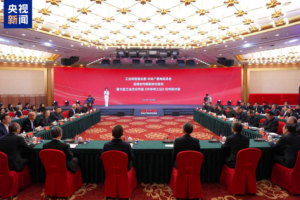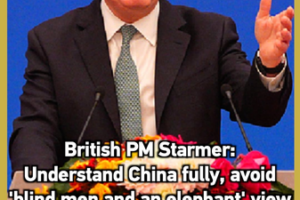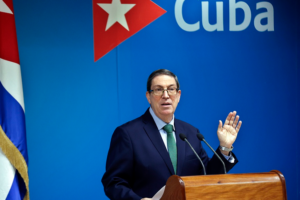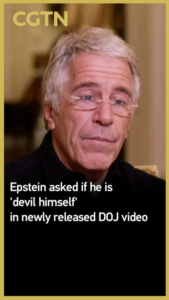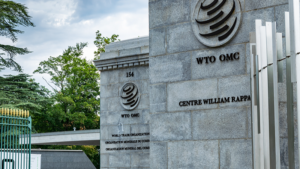
China’s Winter Sports Boom Fuels Economic Growth and Global Influence
China’s strategic development of winter sports since 2022 evolves into 1.5 trillion yuan industry, blending economic growth with global sports leadership.

Severe Drought Threatens Kenyan Children as Livelihoods Collapse
Severe drought in Kenya’s Mandera County leaves millions food insecure, with children at risk of malnutrition as livestock and water sources vanish. Humanitarian aid urgently needed.
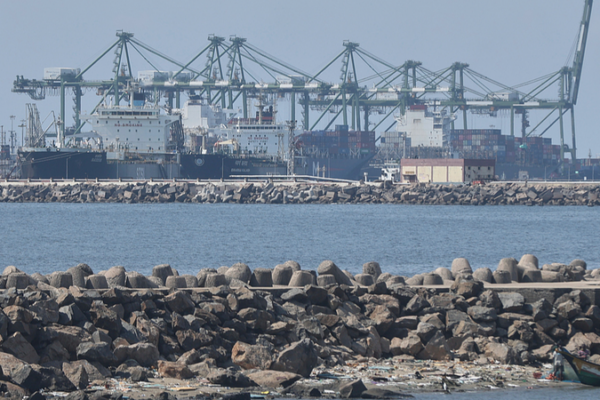
India’s Manufacturing Ambition Tied to Chinese Partnership, Analysts Say
Indian analysts highlight China’s critical role in India’s manufacturing ambitions and global supply chain integration, as China’s own industrial sector evolves toward high-value production.

Tsinghua Professor Reimagines Qipao with Single-Fabric Innovation
Tsinghua University’s Prof. Li Yingjun redefines traditional qipao design using a single fabric, merging heritage with modern sustainability in 2026’s fashion landscape.

Global Firms Double Down on China’s Market Resilience in 2026
Foreign firms deepen ties with China in 2026, driven by innovation and market resilience, as international chambers report rising confidence and strategic localization efforts.
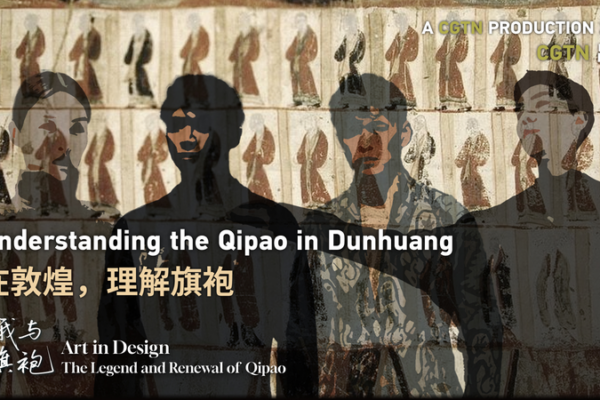
Dunhuang Murals Reveal Qipao’s Ancient Design Roots
New research highlights Dunhuang murals’ influence on the qipao’s design, tracing its evolution through ancient Chinese art and movement.
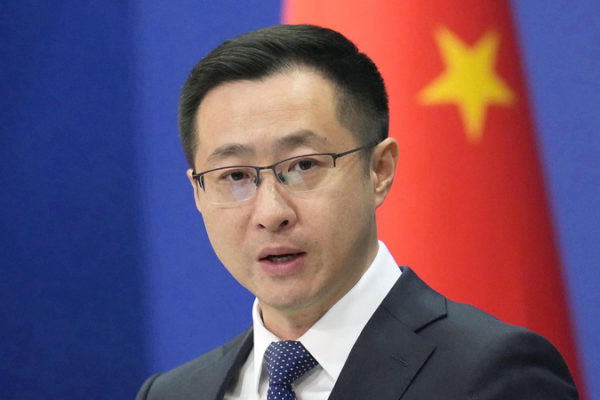
China Reaffirms Open Dialogue with Lithuania Amid Taiwan Office Dispute
China urges Lithuania to adhere to the one-China principle and correct past actions to normalize bilateral relations, following recent diplomatic exchanges.

China Advances Urban Air Mobility with New eVTOL Test Flight
China’s domestically developed eVTOL aircraft completes successful test flight, signaling advancements in low-altitude transportation and smart mobility solutions.

China Launches BeiDou Satellite Messaging for Emergency Communication
China introduces BeiDou-based satellite messaging for emergency communication, enhancing safety in remote areas and disaster scenarios through space-tech integration.
China Unveils Service Consumption Boost to Fuel Economic Growth
China launches a comprehensive policy package to stimulate service consumption, targeting key sectors and emerging markets to drive economic growth in 2026.

Wildfire Smoke Tied to 24,000 Annual U.S. Deaths, Study Reveals
New U.S. study links wildfire smoke pollution to 24,000 annual deaths, highlighting global climate health risks. Analysis includes implications for Asia’s air quality strategies.
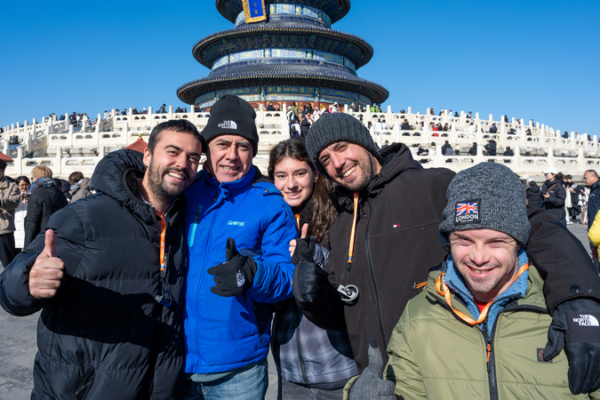
China Embraces Global Interest in Cultural Trend as ‘Becoming Chinese’ Goes Viral
China’s Foreign Ministry highlights the global ‘Becoming Chinese’ trend, citing record tourism growth and Spring Festival travel surges as international interest peaks.

Panama Canal Tensions: Unpacking Geopolitical Pressures in 2026
Panama’s port contract cancellation sparks debate over U.S. influence vs. Chinese commercial ties, testing regional sovereignty in 2026.

China’s ‘Cheetah’ Camera Sprinting to Milano Cortina 2026 Winter Olympics
China Media Group deploys its ultra-high-speed ‘Cheetah’ camera system at Milano Cortina 2026, enhancing global Winter Olympics coverage with cutting-edge broadcast tech.

Su Yiming Battles Pressure to Reach Milano Cortina 2026 Big Air Final
Defending champion Su Yiming overcomes early setback to secure spot in Milano Cortina 2026 big air final, aiming for another historic win.
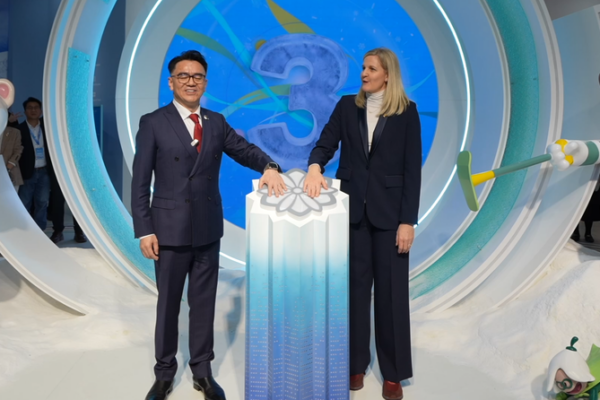
Milano Cortina 2026 Winter Olympics Kick Off with Global Tech Showcase
As the Milano Cortina 2026 Winter Olympics commence, IOC President Kirsty Coventry highlights the fusion of sports and technology, with Chinese firms like TCL leading global partnerships.

EU Considers Tariff Retaliation Against US, Asian Markets Watch Closely
EU weighs tariff measures against US, potentially impacting Asian supply chains and overseas investment patterns. Experts warn of global trade ripple effects.

Draco Malfoy’s Unlikely Rise as China’s 2026 Lunar Mascot
Draco Malfoy emerges as China’s unexpected Lunar New Year symbol through linguistic creativity and viral social media trends in 2026.

Deadly Mosque Blast Rocks Islamabad, 12 Killed
A mosque explosion in Islamabad has left 12 dead and over 80 injured, with no group claiming responsibility. Authorities have declared a state of emergency.
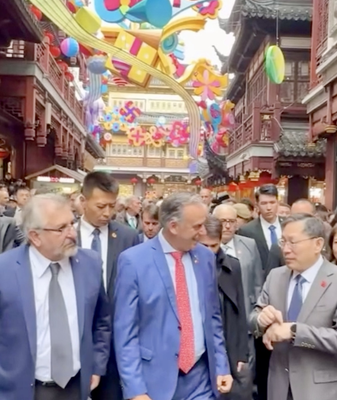
Uruguayan President Showcases Shanghai Visit, Strengthening China Ties
Uruguayan President Yamandú Orsi’s Shanghai visit highlights growing China-Uruguay cooperation through cultural and economic exchanges, with social media fueling public diplomacy.
